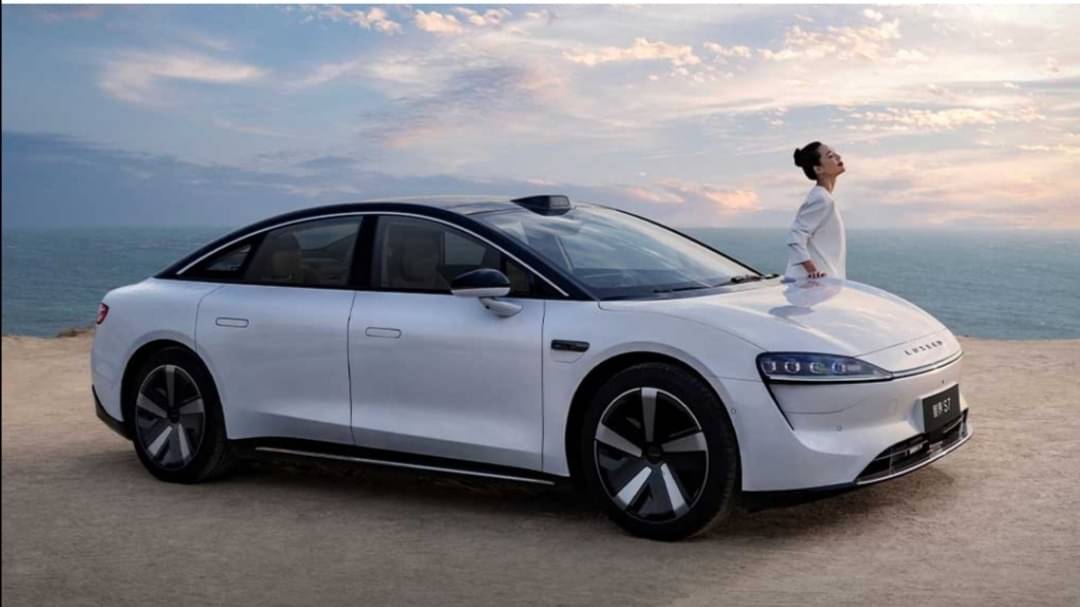Huawei Luxeed S7 | Image:Huawei
Lexeed S7 delays: Huawei has addressed the delays in the production and delivery of its Luxeed S7 sedan, attributing them to semiconductor shortages and factory relocation issues. According to a report from local media outlet Cailianshe on Saturday, Huawei anticipates resolving these challenges from next month.
Richard Yu, Huawei’s managing director and chairman of its smart car solutions, discussed the issues surrounding Chery’s Luxeed S7 sedan at an annual forum organised by the EV100 think tank. This comes after complaints were lodged by Chinese automaker Chery and another Huawei partner, Changan Auto, regarding delays in deliveries of their flagship model due to production issues with a computing unit manufactured by Huawei.
The Luxeed S7 sedan, which marks the debut model for Chery’s Luxeed EV brand, had received approximately 20,000 orders by November 28. To address the delay, Luxeed announced in January that buyers could receive reimbursement of up to 10,000 yuan if they were unable to pick up the car as promised. Priced at 249,800 yuan ($34,716.62), the S7 was launched in November amidst significant anticipation, with Huawei’s Yu previously boasting its performance superiority over Tesla’s Model S at a more competitive price than the Model 3.
At the EV100 forum, Yu also expressed optimism regarding Huawei’s auto business unit, projecting it to turn a profit starting in April. This turnaround is attributed to strong sales of mid to high-end models produced by Huawei’s partners.
Established in 2019, Huawei’s smart car unit aimed to become a leading supplier of software and components for intelligent electric vehicles, akin to German automotive supplier Bosch. However, it remains the only loss-making unit among Huawei’s main six divisions, generating only one billion yuan in revenue in the first half of 2023, a fraction of the company’s total revenue of 310.9 billion yuan.
Last year, Huawei announced plans to spin off the auto unit into a separate entity, which will inherit core technologies and resources while receiving investments from partners such as automaker Changan.
(With Reuters inputs)

